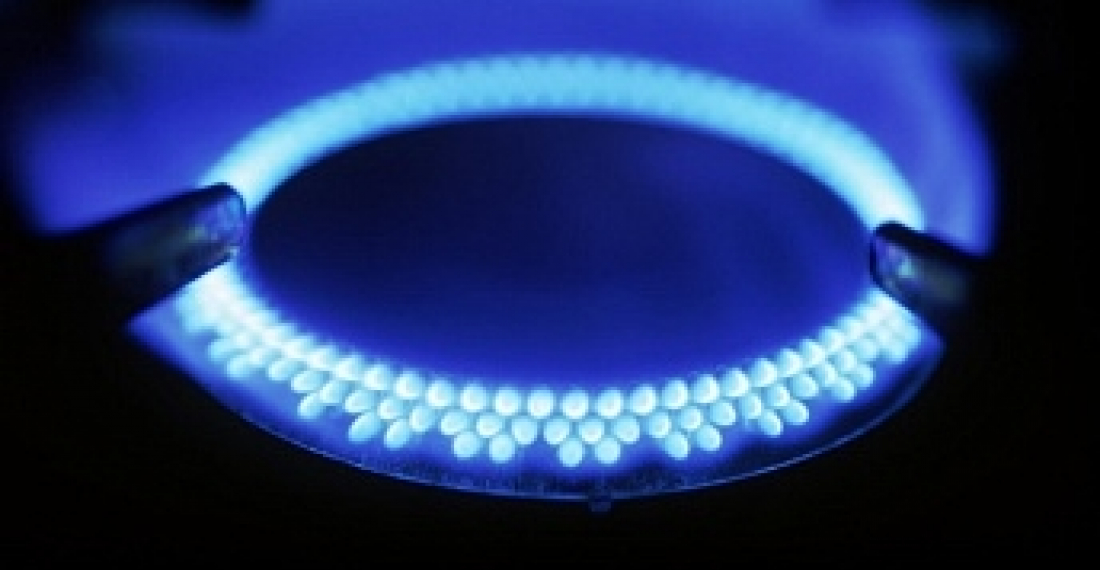Yerevan, November 26. ArmInfo.
Armenia and Russia will shortly complete the negotiations for the Russian gas tariff, Prime Minister of Armenia Tigran Sargsyan said in an interview with Interfax.
He said that there are no unsolvable issues between Armenia and Russia. "We have always agreed on any issues. In the given case, we have already agreed on the basic principles and need to work on some technical details. It is not correct to make public any excerpts from the context of the negotiations during the negotiation process. It is not right. Therefore, everything will be clear when we complete the negotiations," the prime minister said. He hopes the negotiations
will be completed till the end of the year and the terms of further supply and tariffs will be determined as well.
He said that the tariffs will depend on the world market demands. Obviously, tariffs cannot be left unchanged forever. The world prices go up and down and the parties should agree on the methods of price making. In such case, future changes will be perceived less painfully. "Everything depends on the world market demands. I'd not like to send any pessimistic impulses to our public. So, let's wait and see," the prime minister said. He called the negotiations quite constructive.
By rumors, Russia and Armenia cannot agree on the gas tariff, as Russia is going to increase it to $330 per cu m instead of the current $180.







